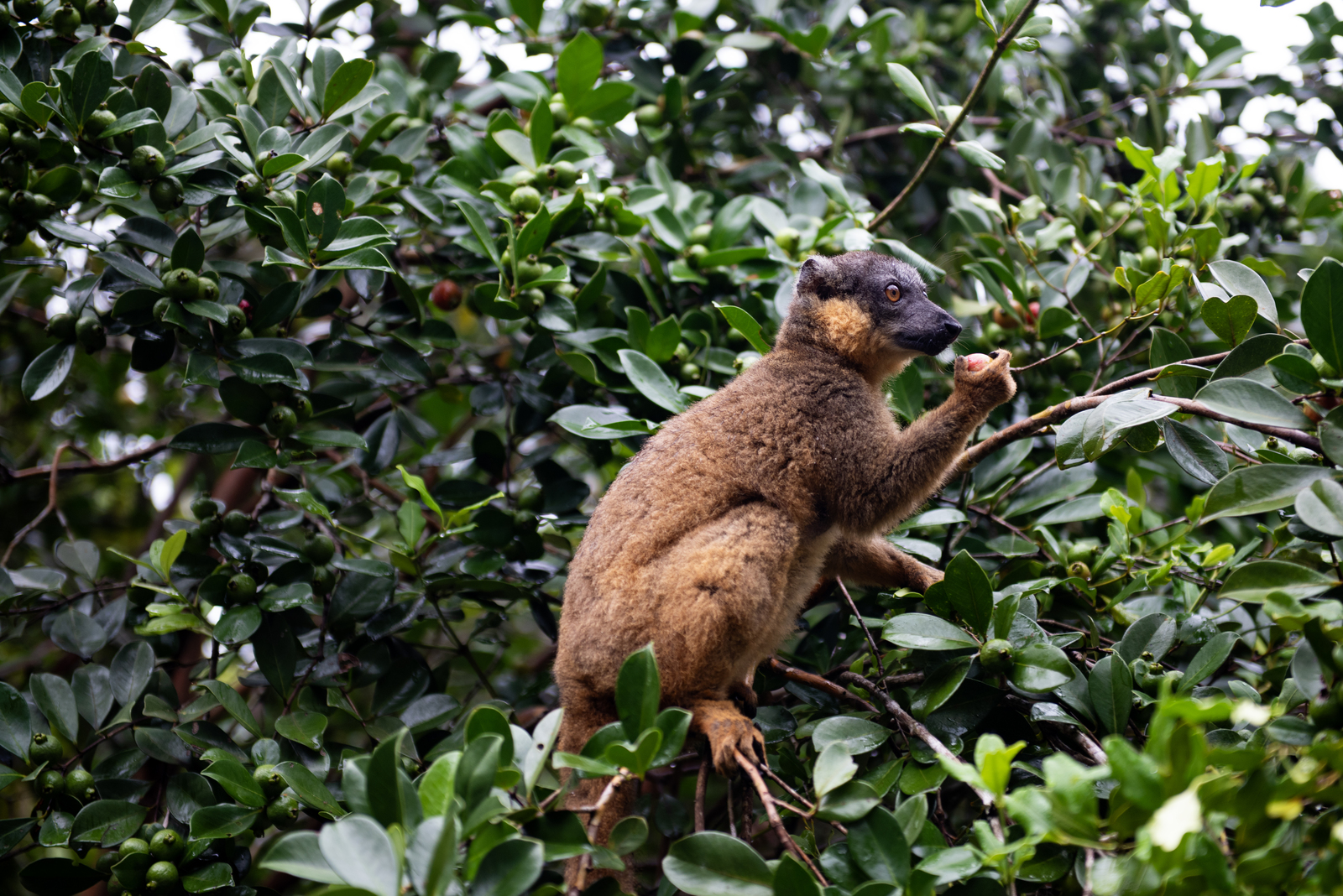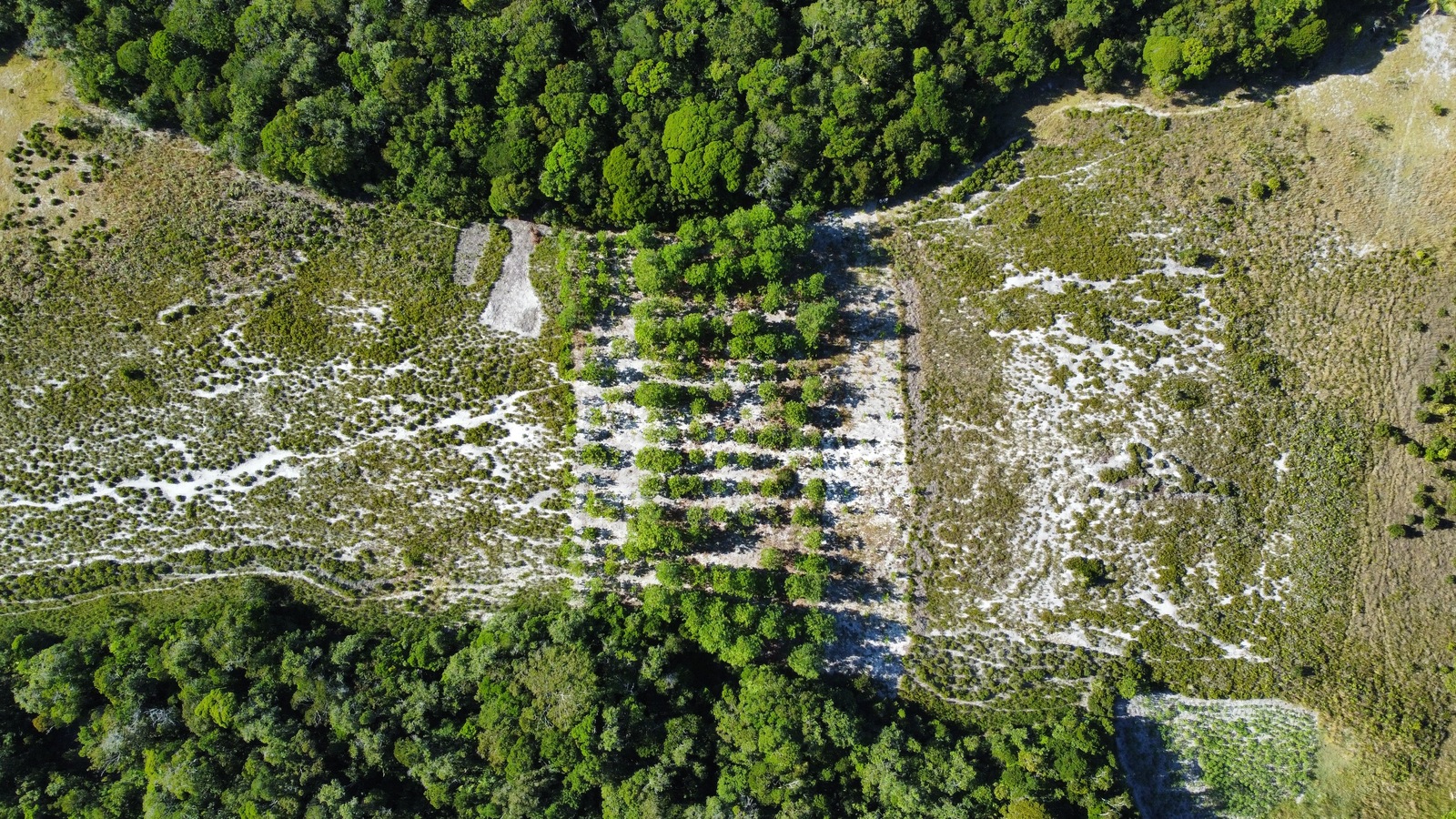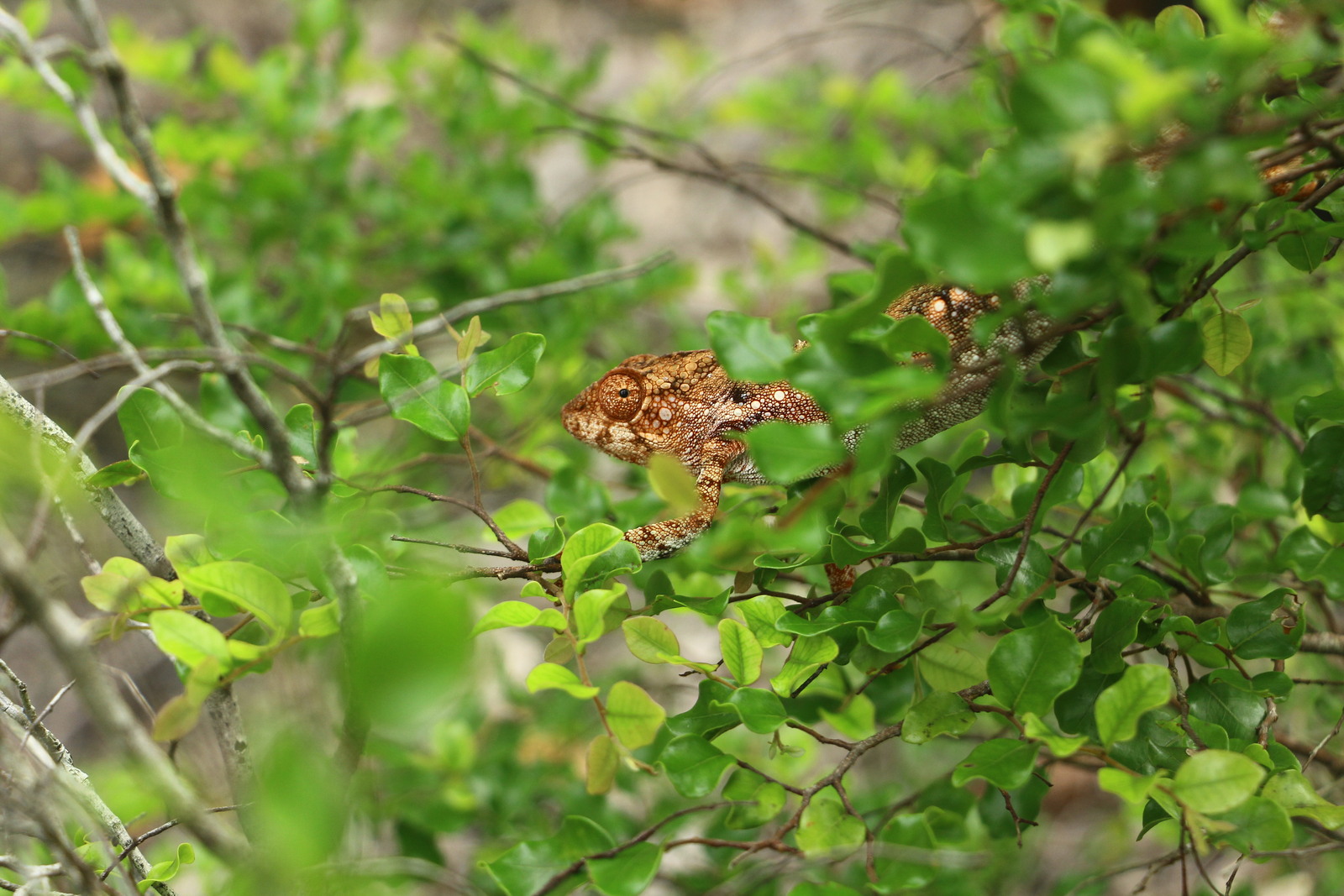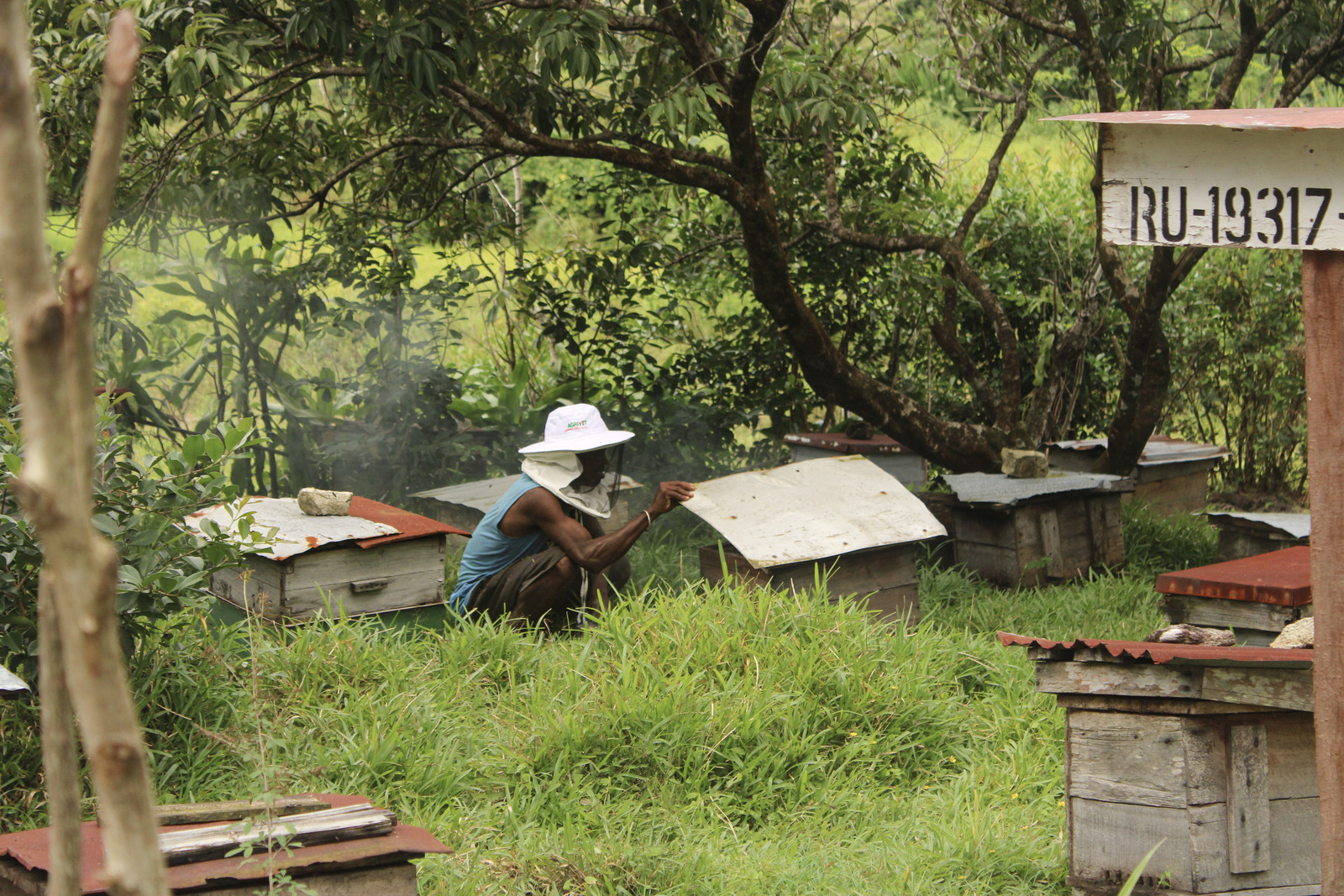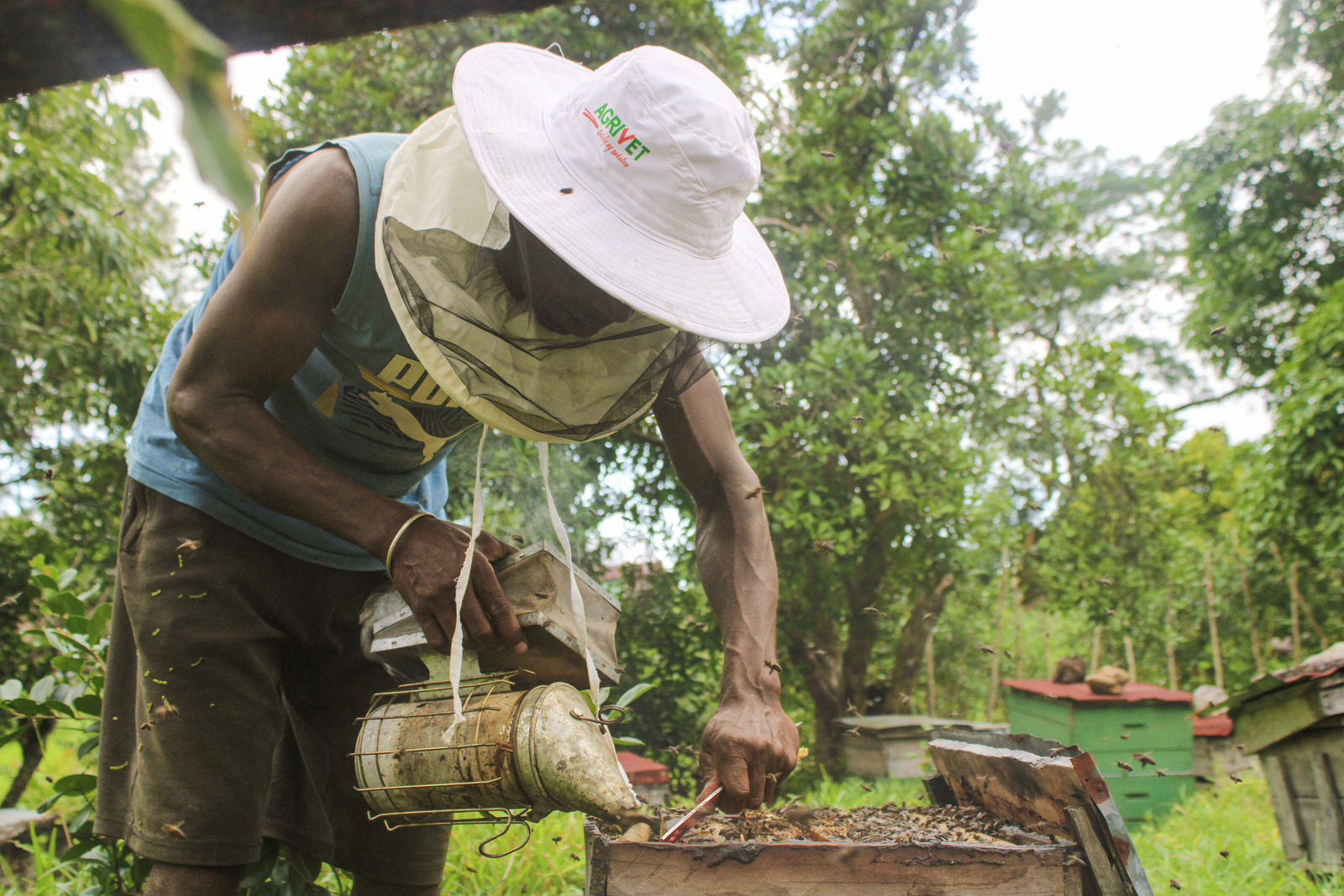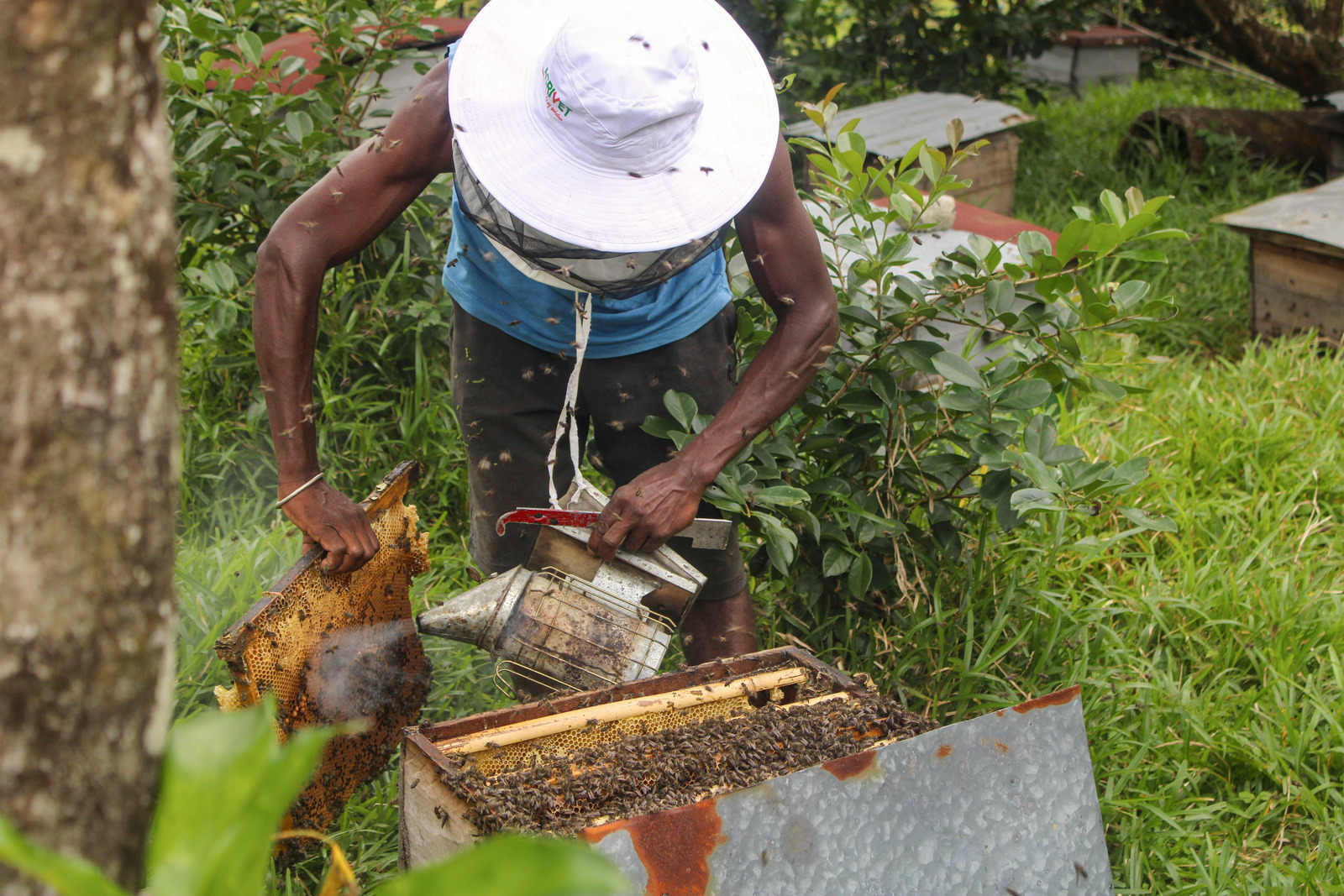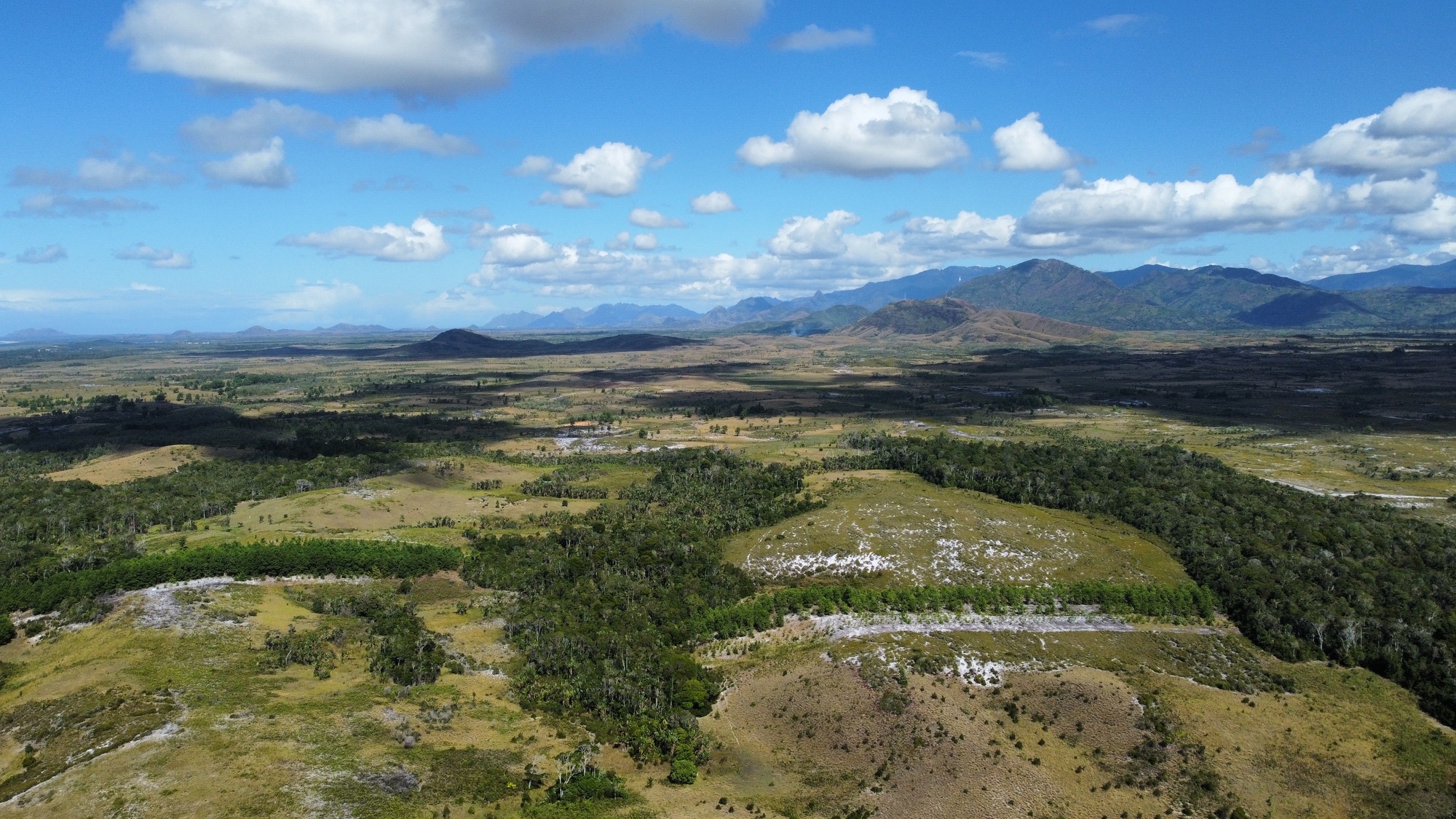 Ala Programme Corridors 3 and 4 connecting littoral forest fragments in Sainte Luce, Madagascar
Ala Programme Corridors 3 and 4 connecting littoral forest fragments in Sainte Luce, Madagascar ©All rights reserved Charlie Reid / SEED
Partnering with SEED Madagascar to strengthen Madagascar’s social structure through environmental conservation activities
Grantee: SEED Madagascar
Location: Madagascar, Africa
Grant Cycle: 2025 – 2026
Type of Grant: two-year program support,
Environment & Biodiversity Protection
Website: madagascar.co.uk
Environment & Biodiversity Protection
SEED is an award-winning, holistic international development charity that envisages communities and ecosystems thriving across Madagascar. SEED’s mission is to enhance the capacity of individuals, communities, organisations, and the government in fulfilling sustainable environment, education, and development goals in southeast Madagascar. The organization operates primarily in the southeast region of Anosy, where its main base is located. The region faces significant climate challenges and economic hardships, with one of the highest poverty rates in the world and relying on small-scale farming, animal husbandry, and fishing. In response, SEED focuses on strengthening alternative and sustainable livelihood strategies to support long-term resilience and development.
Over the years, the Nando and Elsa Peretti Foundation (NaEPF) has supported twelve projects in Madagascar, focusing on both environmental conservation and the social and economic development of local communities. NaEPF’s commitment to protecting Madagascar’s environment and strengthening sustainable economic activities continues today through its partnership with SEED Madagascar on two key projects. The Ala Programme focuses on conserving endangered lemurs through reforestation efforts in the Sainte Luce littoral forest and the Renitantely Project Phase II which aims to enhance the financial and environmental sustainability of beekeeping in the Anosy region, building on the success of Phase I, which the NaEPF supported in 2017.
The Ala Programme: in-situ conservation of Endangered lemurs through reforestation in the Sainte Luce littoral forest, Madagascar.
Madagascar is facing significant deforestation, which threatens its unique flora and fauna. As a result, lemurs have become one of the most endangered mammal groups globally. Littoral forests, particularly in the Anosy region, are some of the most threatened ecosystems in Madagascar. The Sainte Luce Littoral Forest (SLLF) is one of the few remaining viable littoral forests in the country. However, its degradation and habitat fragmentation are further endangering biodiversity by isolating lemur sub-populations, increasing mortality rates, and jeopardizing the long-term survival of species.
The Ala Programme (“ala” means forest in Malagasy) is a ten-year conservation initiative designed by SEED to address these critical threats to the Sainte Luce littoral forest. The current Phase III of the programme, funded by the Nando and Elsa Peretti Foundation, is a 24-month phase (August 2024 - July 2026) that builds upon the achievements of Phase I (2019 – 2021) and Phase II (2021- 2024) The goal of Phase III is to conserve endangered lemur species by enhancing habitat connectivity within one of the three protected fragments of the SLLF through the creation of forest corridors. These corridors are essential for the in-situ conservation of three endangered nocturnal lemur species, which cannot cross the open land created by deforestation.
Additionally, Phase III will disseminate learnings on community forest usage patterns, engage with local forest management structures, and increase available knowledge on littoral forest biodiversity through research. Lastly, new and ongoing research activities will continuously inform and refine the programme’s nursery, planting, and forest management techniques, ensuring an adaptive and evidence-based conservation approach.
Project Renitantely: Phase II. Improving the financial and environmental sustainability of beekeeping in the Anosy region of southeastern Madagascar.
Madagascar is one of the poorest countries in the world, and in the southeastern Anosy region, livelihood opportunities are limited: opver 98% of rural households rely on small-scale farming, animal husbandry, and fishing, making the need for alternative, sustainable livelihood strategies urgent. Beekeeping presents a valuable opportunity to generate household income while complementing traditional farming activities. It not only reduces pressure on Madagascar’s dwindling natural resources but also actively supports biodiversity, as 75% of the country’s flora and fauna depend on insect pollination for survival. However, many beekeepers in the Anosy region struggle to fully capitalize on this potential. Rural isolation limits access to lucrative markets, and strict international trade standards require training and investment. Additionally, climate change and population growth are reducing the availability of bee forage, while a lack of capital makes it difficult for beekeepers to expand and maintain their apiaries or combat invasive pests.
SEED aims to address these challenges by empowering beekeepers to establish environmentally and financially sustainable beekeeping businesses. Since 2016, Project Renitantely has been supporting beekeepers in the Anosy region, beginning with Phase I (September 2016 - August 2019) and continuing through an extended interim phase (September 2019 - June 2024). In its early stages, the project focused on establishing beekeeping as a viable livelihood by providing technical training, essential equipment for apiary expansion, and strategies to increase honey production. It also identified key barriers to profitability, including limited market access, scarce bee forage, and pest management. With solutions identified and already piloted, Phase II of Project Renitantely aims to transform these emerging beekeeping ventures into professional, profitable, and sustainable businesses. The Nando and Elsa Peretti Foundation has renewed its support to SEED Madagascar in advancing Project Renitantely with Phase II. Through this partnership, NaEPF strengthens its commitment to sustainable economic development and the responsible use of natural resources, aligning with its broader biodiversity conservation strategy.
